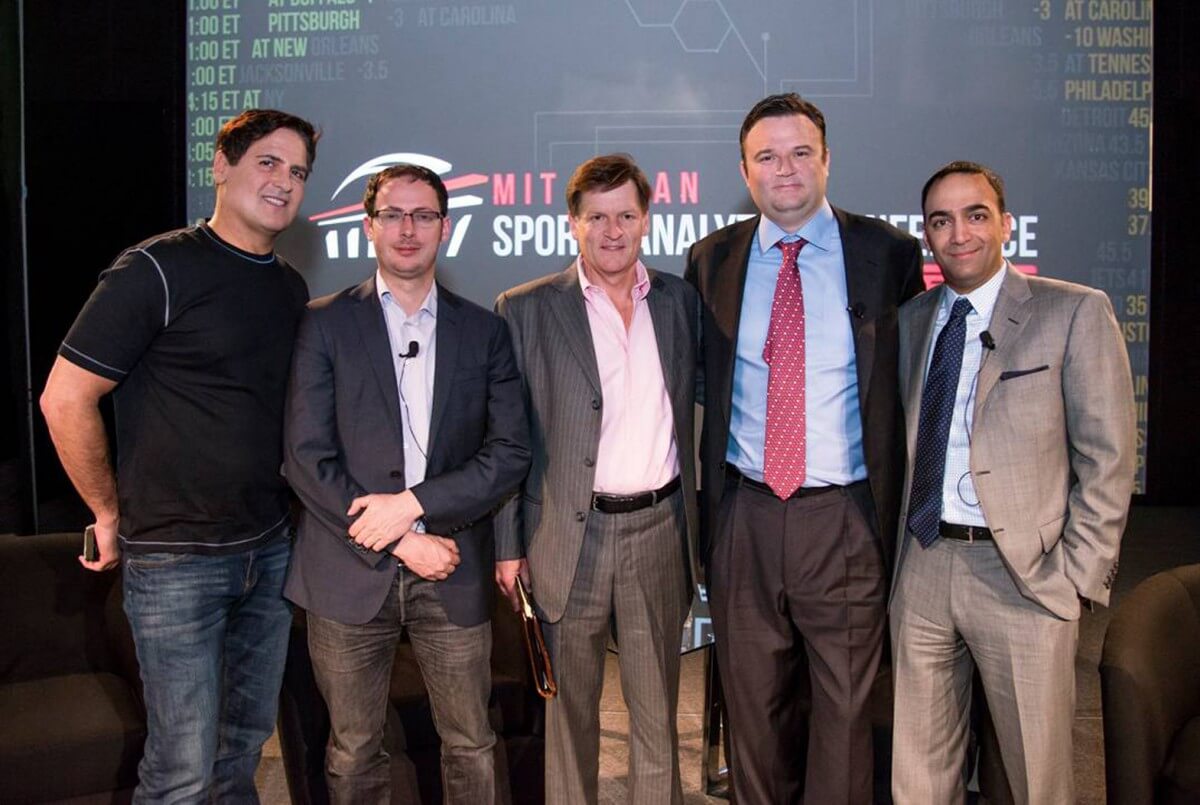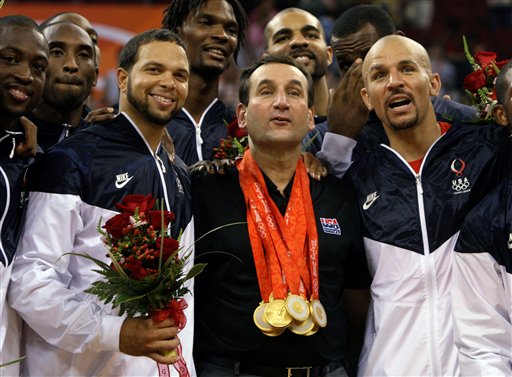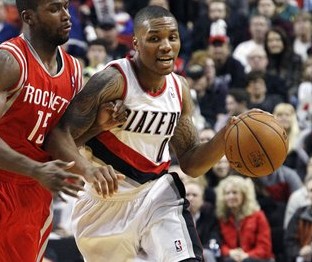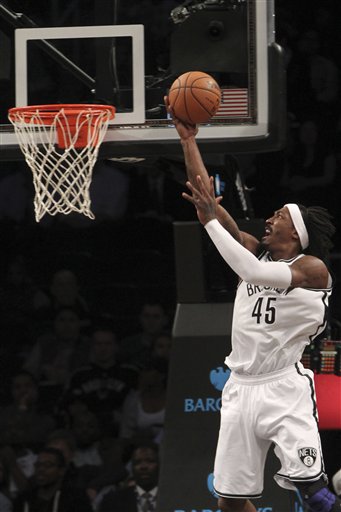
The MIT Sloan Sports Analytics Conference will happen this weekend in Boston, and the Nets — along with every other NBA team, sans the Los Angeles Lakers — will have executives in attendance, as they have in previous years.
But does that mean they’re believers in the powers of analytics? Not necessarily. ESPN ranked every sports franchise based on their willingness to read into analytics — which, if you asked me for a definition, is an umbrella term for data-driven information — the Nets are one of three NBA teams listed as “non-believers” in analytics. The other NBA teams listed as “non-believers”? The aforementioned Knicks and Lakers. Sounds like “big market” and “anti-analytics” might go hand in hand.
Earlier this season the Nets hired former Kansas City Royals intern Glenn DuPaul, giving the newcomer to basketball statistics and recent college graduate the title of “director of analytics.”
Still, our sources familiar with the Brooklyn front office indicate that ownership is behind the team’s investment in analytics, while GM Billy King has little interest. Dating back to his time with the Philadelphia 76ers, King has consistently undervalued draft picks in favor of expensive free-agent contracts. The Nets don’t own their first-round pick outright until 2019, having traded the maximum number of picks in that span to the Boston Celtics along with the right to swap picks this year (with the Atlanta Hawks) and in 2017 (with the Celtics). King infamously tossed a barely protected lottery pick to Portland for Gerald Wallace, allowing the Blazers to nab Damian Lillard.
Brooklyn coach Lionel Hollins’ reputation as anti-analytics, which stemmed from clashing heads with a new Memphis Grizzlies front office including analytics star John Hollinger, might be somewhat overstated. Hollins has bristled at input from the front office, but he’s not completely opposed to statistical analysis.
“I’m going to take a breath,” Hollins told the New York Post, “and say it’s the dumbest thing I’ve ever heard because every coach uses stats. Now, do I understand some of the stats that are out there that are new? No. But I can learn them.”
The description doesn’t necessarily sound anti-analytics — after all, they did hire a new director just this year, and the reportedly analytics-averse Hollins calls the idea that he doesn’t like them “the dumbest thing I’ve ever heard.” But the Nets’ moves do seem to go against the analytical grain, which values exploiting inefficiencies in the market and the value of draft picks for their low cost & long-term control.
It’s also possible that there’s an inherent pressure in a big market that necessitates “big” decisions, and mortgaging the future for the ability to contend in the here & now by throwing draft picks left and right doesn’t jibe with the idea of building over time. Paying Carmelo Anthony or Joe Johnson nine figures in salary isn’t particularly analytical, but it’ll get you to the second round of the playoffs. (Once.) That doesn’t make those decisions right, but it’s another consideration.
Across all sports, the Nets rank 118th out of 122 franchises in their usage of analytics, ahead of just the San Diego Chargers, Washington Redskins, New York Knicks, and Philadelphia Phillies.


















